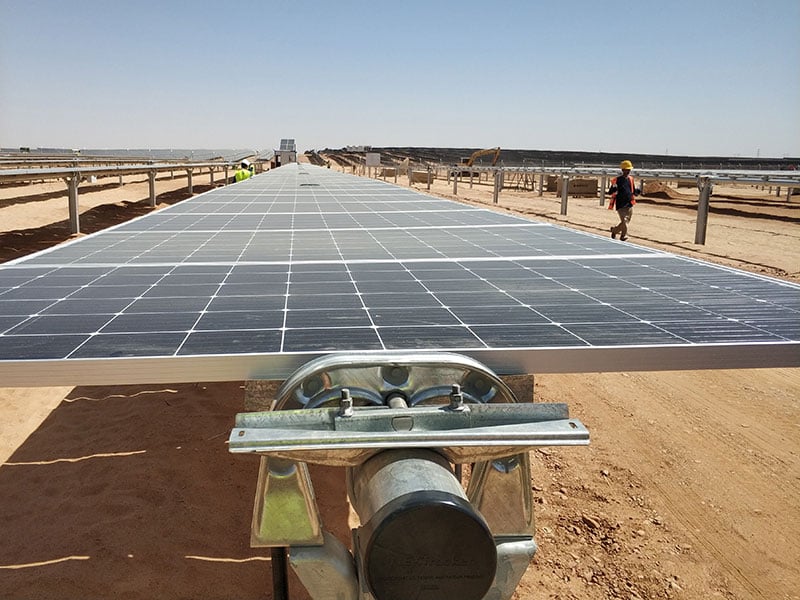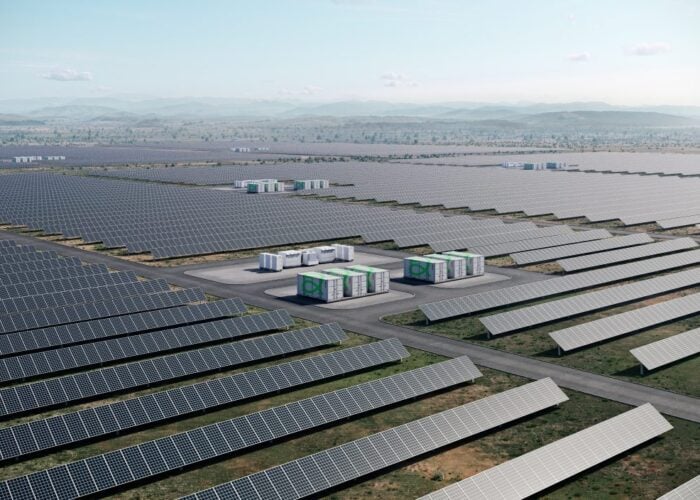
Tunisia has announced the winners of tenders for over 500MW of solar capacity, part of a series of tenders to install 1.7GW of new renewable power capacity.
The contracts were awarded by the Ministry of Industry, Mines and Energy, and fall under two tenders. The first calls for submissions for eight PV projects, with a combined capacity of 800MW, and the ministry has awarded contracts to French firms Qair International and Voltalia, and Norwegian developer Scatec.
Try Premium for just $1
- Full premium access for the first month at only $1
- Converts to an annual rate after 30 days unless cancelled
- Cancel anytime during the trial period
Premium Benefits
- Expert industry analysis and interviews
- Digital access to PV Tech Power journal
- Exclusive event discounts
Or get the full Premium subscription right away
Or continue reading this article for free
While the tender initially called for projects of 100MW of capacity each, Voltalia noted that its project will have a capacity of 139MW, and will sell power generated at the project under a 25-year electricity sales contract.
The latter companies already have a footprint in Tunisia, with Voltalia announcing plans to build a 130MW solar project in the country in May, and Scatec collaborating with Aeolus to build a 120MW project in August.
The second tender calls for two projects of unspecified capacity in Hechain, Gabes governate and Khobna, Sidi Bouzid governate. The contract for the latter project was awarded to Qair International, which will build a 198MW project in Sidi Bouzid, and while the ministry did not specify the rates awarded for the contracts, it noted that the “most competitive rate” secured was around €0.29/kWh (US$0.30/kWh), compared to the average tender price of €79.28/MWh (US$83.3/MWh) awarded in the latest round of auctions in France.
In addition to these tenders, the ministry has launched a tender for wind power, looking to award contracts to eight wind projects with a combined capacity of 600MW, as the government looks to both expand the country’s renewable power sector, and reduce its reliance on foreign power imports.
According to the US International Trade Administration, fossil fuels accounted for around 97% of the country’s electricity generation as of April this year, while nearly 47% of Tunisia’s critical natural gas needs were met through foreign imports as of June 2023. Figures from Enerdata suggest that Tunisia will need to invest around US$300 million a year until 2030 to reach a threshold of 500MW of annual renewable capacity additions, if it is to hit its target of accounting for 35% of power generation with renewable power.






